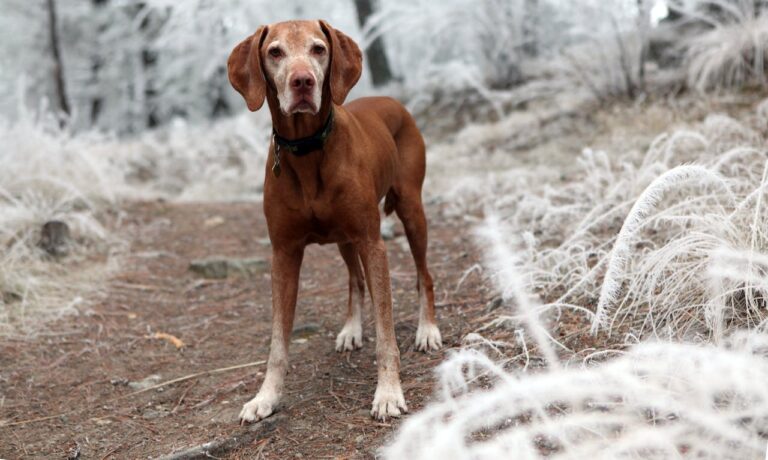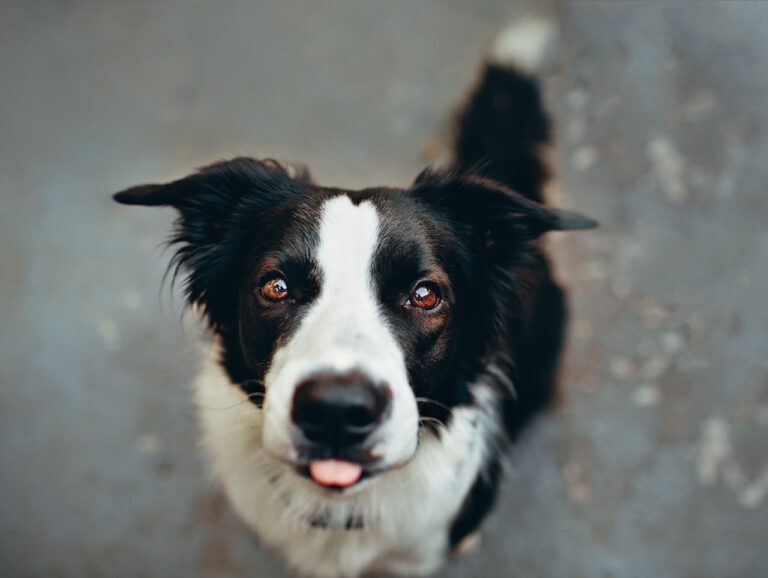
Can Dogs Eat Melon? – Effects, How to, FAQs & More
Melon is a fleshy, edible fruit with a high water content, typically consumed raw. It belongs to the Cucurbitaceae family and is characterized by a sweet flavor. Melons provide hydration and essential nutrients. Feeding dogs melon in moderation can be a refreshing and nutritious treat. In this post, we’ll see whether you can feed your dog melon, what are its benefits, harmful effects and most importantly, things to know (facts) about melons. Additionally, we would also take a look at the nutritional value and the proper way to feed dogs melon. Finally, we will answer the most important questions about this topic and share the final verdict. But, firstly – let’s see, can dogs eat melons? Can Dogs Eat Melons









